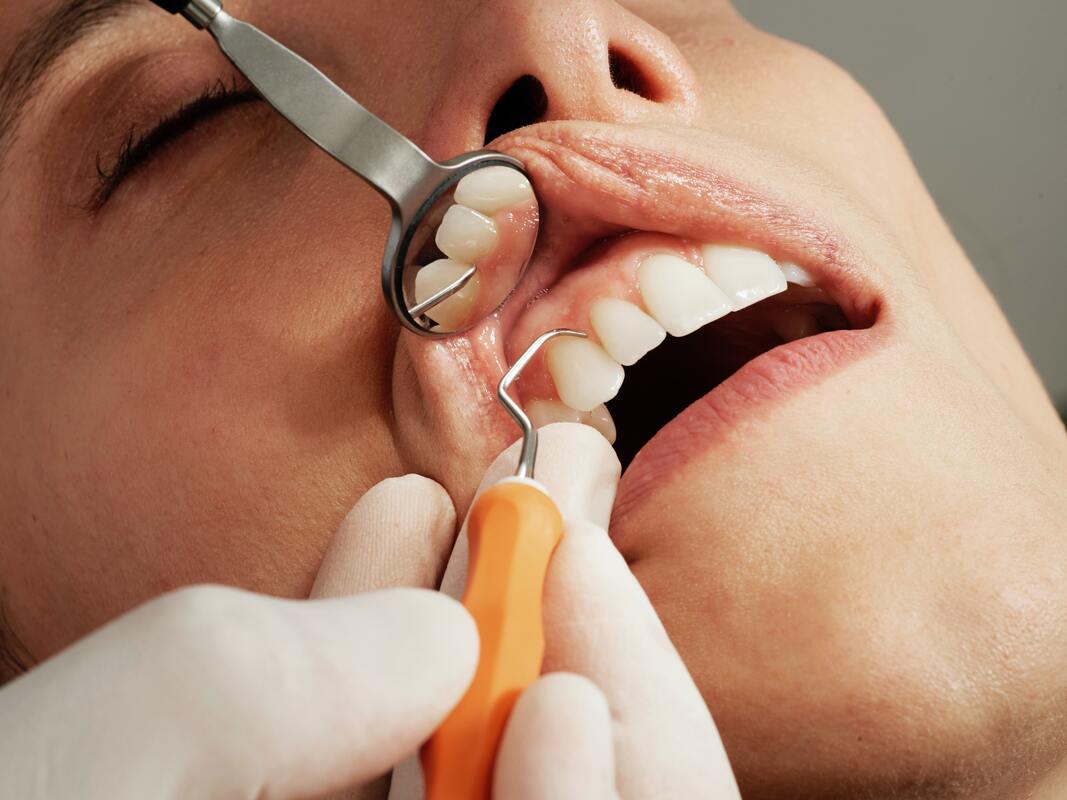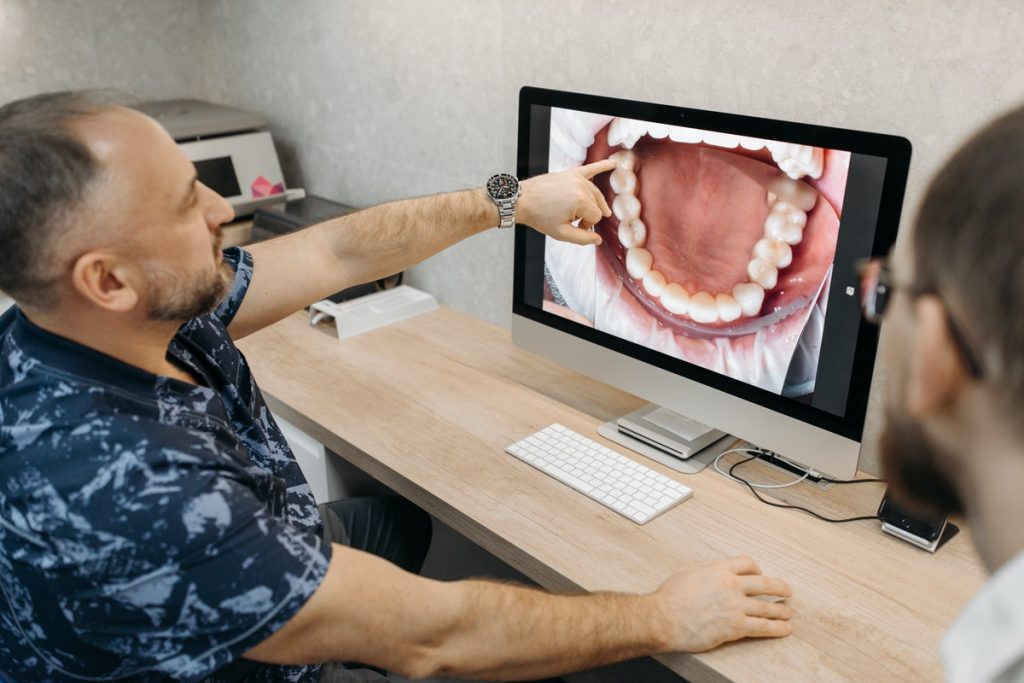Most people are familiar with what to do when it comes to a standard health emergency. If your child falls over and is injured, or you have sustained an injury which is deemed severe, you simply go to the emergency room.
But when it comes to dental emergencies, many people are a bit squeamish about the idea of attending even an emergency dental appointment. It is not something that many people want to do and so, most people tend to push the idea to the back of their minds and try to forget about it.
Luckily, there is nothing to be worried about when it comes to calling an emergency dental team and provided that your dentist Coorparoo has an emergency dental team on site, you will be
able to seek out emergency care in a familiar setting, so the process will not be too stressful.
For a quick guide on what is considered a dental emergency and what you can expect when attending a dental emergency appointment, read on.
What is considered a dental emergency?
Dental emergencies range in their severity and levels of discomfort. If you are suffering from pain underneath one of your teeth that is unrelenting and is driving you to distraction, then this is a dental emergency. But so are lost fillings, lost crowns, chips, cracks, and bleeds that are not slowing, alongside persistent ulcers and lumps in your mouth.

Call your emergency team
When should you call your emergency dental team? As soon as you realise that there is an issue, even though it is a dental emergency, in most cases they can often be resolved quickly. If they are left they can develop into something more serious, they can be harder to treat, so call your dental team as soon as you can.
The appointment
The emergency dental appointment itself will not be too unlike check-ups that you have attended in the past, and your emergency team will assess the area and provide numbing agents if required. In most cases, dental emergencies are based around the formation of abscesses. If this sounds like something that you have, you can expect to have an X-ray and be given a course of antibiotics before the actual treatment for the abscess is performed. But if it is a lost filling or lost crown or any other lost restorative, then your dental team will simply aim to refit it.
Aftercare
The aftercare for a dental emergency is usually minimal unless, as mentioned before, it is a dental abscess, which will require you to come back to your dental team to undergo a root canal or a dental extraction once the infection is cleared. Be certain to not miss this stage, as if you do, the infection is likely to reoccur.
Prevention
Preventing dental emergencies can sometimes be tricky, but in most cases all you need to do is attend biannual check-ups with your dental team to keep cavities at bay, and to have your mouth screened for signs of more serious issues such as oral cancer.
DISCLAIMER OFFSITE
Any surgical or invasive procedure carries risks. Before proceeding you should seek a second opinion from an appropriately qualified health practitioner.

